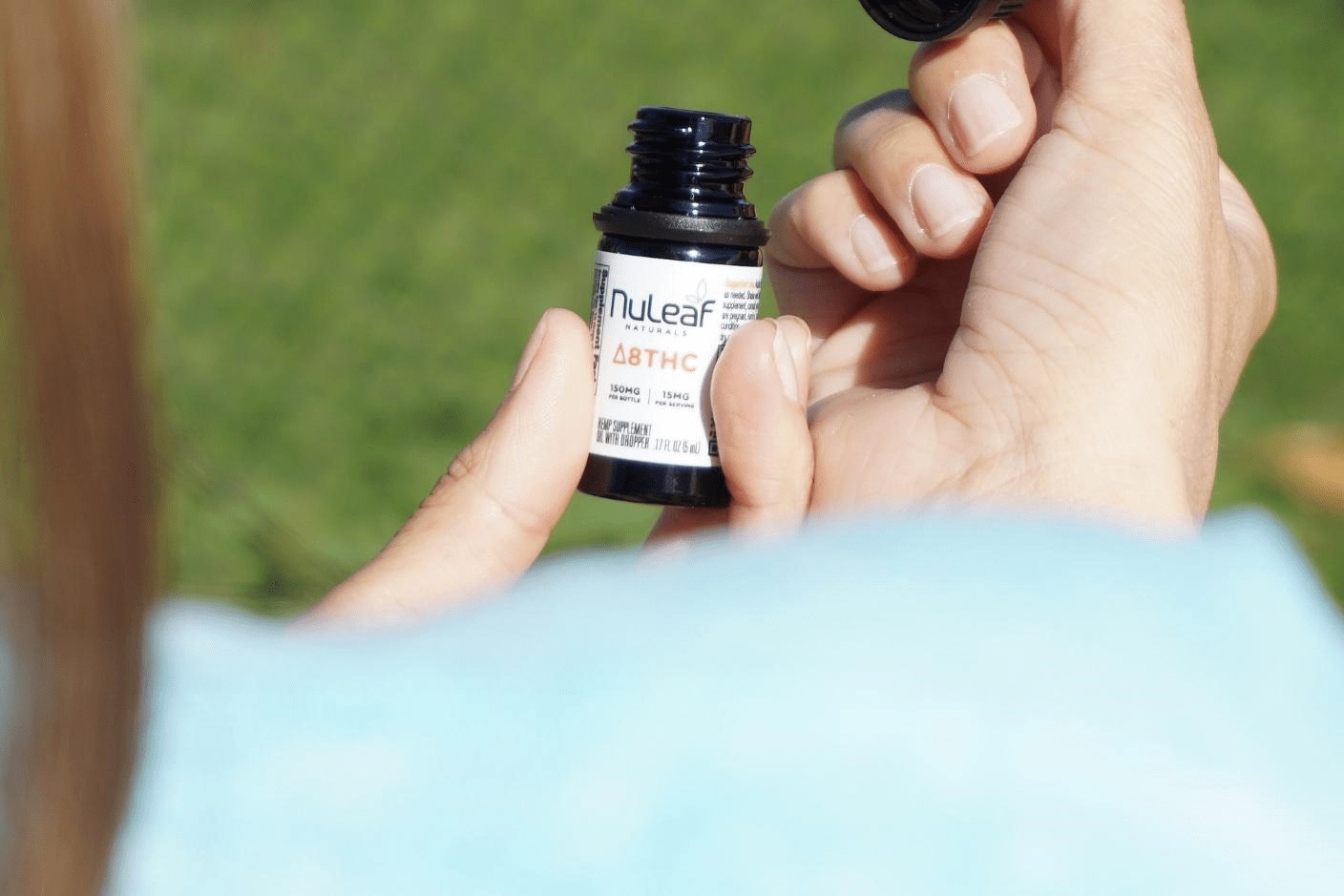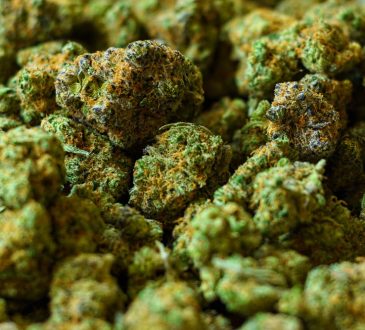
Tinctures are a convenient and discreet way of consuming delta-8 THC. These liquid formulations are taken sublingually (under the tongue) or added to beverages or foods. This method of consumption allows for precise dosing and avoids the potential irritation associated with smoking or vaping. Delta-8 THC tinctures are also portable and easy to use, making them a practical choice for those seeking wellness benefits on the go or while traveling.
Delta-8 THC tinctures are increasingly sought after for various reasons, such as their legality, ease of use, and potential health advantages. The primary catalyst for the surge in demand for delta-8 THC tinctures is their perceived therapeutic potential. Though investigations are ongoing, initial research indicates that delta-8 THC might present diverse therapeutic attributes, encompassing:
- Pain alleviation – Delta-8 THC exhibits the potential to ease inflammation and offer relief from pain, presenting a possible substitute for conventional pain management approaches.
- Mitigation of nausea and vomiting – Similar to delta-9 THC, delta-8 THC aids in mitigating nausea and vomiting linked to specific medical conditions or therapies.
- Appetite enhancement – Delta-8 THC has the potential to boost appetite, which may prove advantageous for individuals grappling with eating disorders or undergoing specific medical interventions.
- Relaxation and anxiety reduction – Certain users attest to delta-8 THC’s capacity to diminish anxiety and foster relaxation, suggesting it as a potential natural substitute for traditional anti-anxiety medications.
Delta-8 THC is typically derived from hemp, which means it is legally produced, sold, and consumed in many states. This legal status has made delta-8 THC tinctures more accessible to wellness enthusiasts seeking alternative plant-based options.
Responsible use and considerations
While delta-8 THC tinctures offer potential benefits, it’s important to approach their use responsibly and with caution. Here are some considerations to keep in mind:
- Limited research
Although delta-8 THC shows promise, research into its effects and long-term safety is still limited. More studies are needed to fully understand the potential risks and benefits associated with delta-8 THC use.
- Interactions with medications
Delta-8 THC may interact with certain medications, including those metabolized by the cytochrome P450 enzyme system. It’s advisable to consult with a healthcare professional before using delta-8 THC tinctures, especially if you’re taking prescription medications.
- Quality and sourcing
As with any cannabis-derived product, it’s crucial to purchase delta-8 THC tinctures from reputable and transparent sources.
As the wellness industry continues to evolve, delta-8 THC tinctures are likely to remain a topic of interest and further exploration. With more research and regulatory clarity, these products may become increasingly accessible and accepted as a potential alternative for those seeking natural wellness solutions. However, it’s essential to approach delta-8 THC tinctures with caution and responsibility, prioritizing education and informed decision-making. By understanding the potential benefits, risks, and legal considerations, individuals make informed choices about incorporating delta-8 THC tinctures into their wellness routines.
The rising popularity of delta-8 THC tinctures is attributed to their potential therapeutic benefits, legal status, and convenient consumption methods. While more research is needed to understand the implications of delta 8 weed use fully, these products have captured the interest of wellness enthusiasts seeking alternative plant-based options. As the cannabis industry continues to evolve, it’s crucial to approach delta-8 THC tinctures with responsibility, caution, and a commitment to education.




